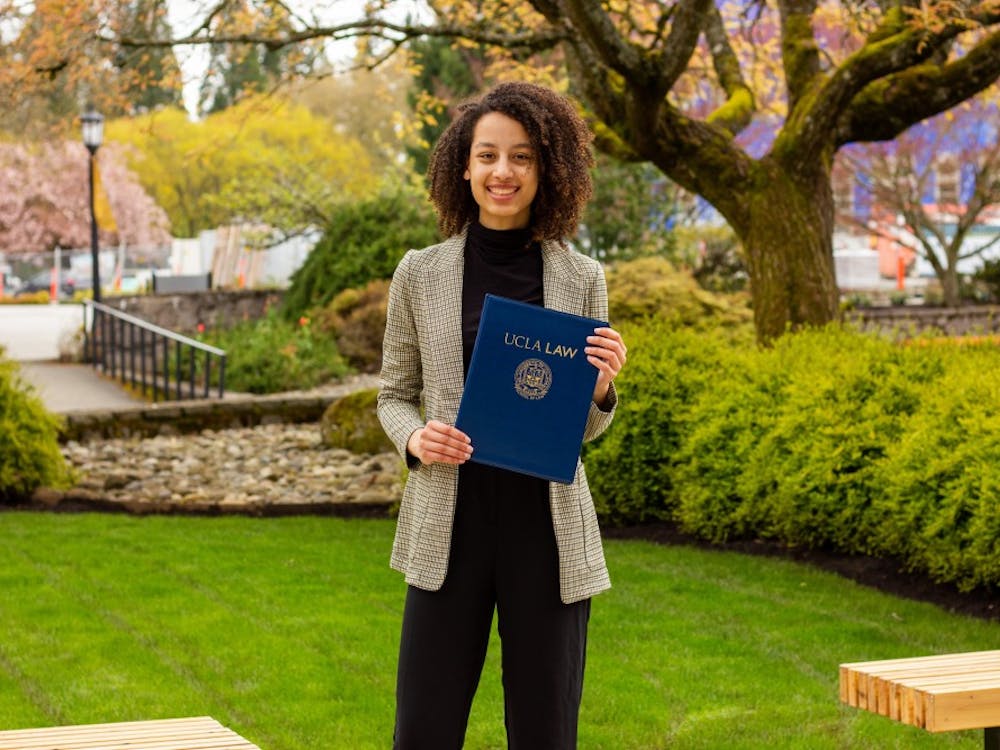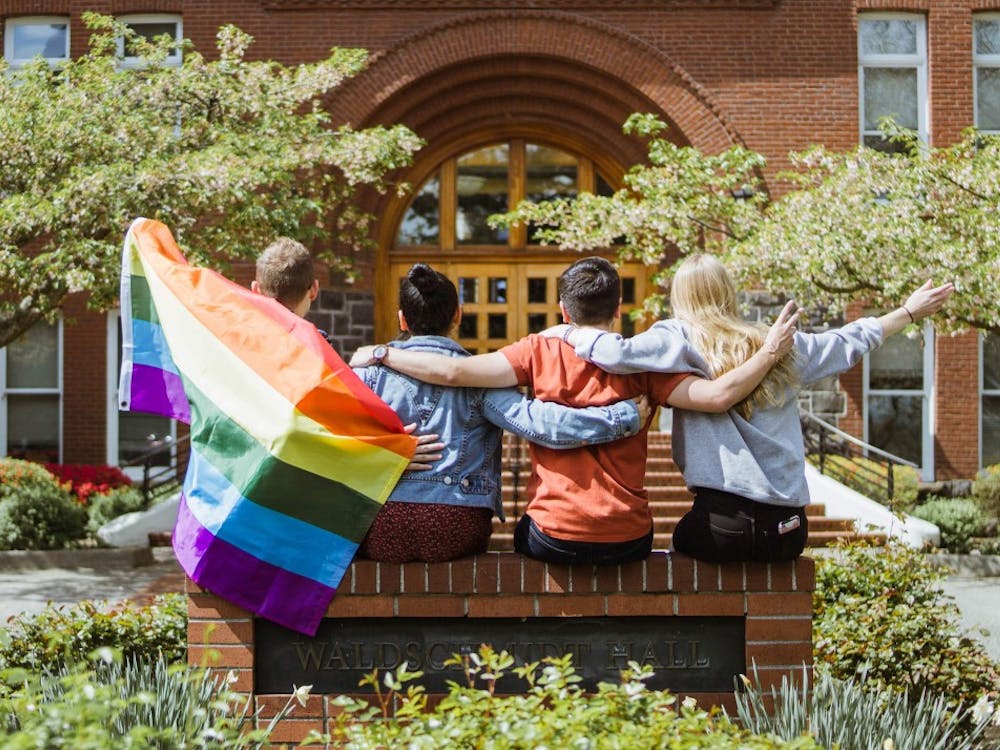I’m sure you’ve seen the photos by now. A lush green forest with a formidable wall of fire and smoke cutting across it. Huge swaths of rainforest engulfed in flames. In the past few days, news of the fires in the Amazon rainforest of Brazil has gone viral. Social media has exploded with people sharing the same few posts about the lack of media coverage, especially considering the importance of the Amazon rainforest to our climate and our world. Hearts are breaking everywhere for the loss of such an incredible part of this earth. Seeing repost after repost I’m sure has left many people feeling sad, scared, and angry.
So, my question is: What is actually being done about it?
It has become so easy to share posts on social media that when something like this happens, people go wild with sharing to raise awareness. Awareness is important, but it is also passive. People share the photo and then move on. This is a problem I’ve seen growing as global tragedies get spotlights on social media platforms, and with an issue as serious as this one, sharing the post should only be part of what you do. Here are two crucial steps that need to go along with contributing to viral social media trends about world issues in order to actually fix the problem:
First, do some quick research before hitting “share.”
Did you know that this is a strikingly human-caused problem? The Amazon fires are set intentionally by farmers and big agribusiness to clear land for cattle ranching and other agriculture. Fires in the Amazon are up by 84% from this same time period in 2018, which has been connected by environmental activists to a call by the president of Brazil, Jair Bolsonaro, not to fight deforestation in order to grow the economy.
This mass clearing of land is driven by the global demand for beef and other products like soy and sugar. The culture of consumerism, prevalent especially in the U.S., drives other countries to take drastic measures like active deforestation to meet the demands of the world. That means that although it is the Brazilian citizens who might be doing the act of lighting the fire, it is us, the powerful consumerist countries, who drive the demand for that action.
Did you know that many of the viral photos (including the ones mentioned previously) aren’t from this year, and some aren’t even photos of the Amazon rainforest? One of the main images that has been spreading is actually a 30-year-old image of the Amazon on fire, and another is also from a few years ago. Even photos of fires in completely different continents are being shared as images of the fire in Brazil.
These dramatic photos have elicited emotional responses in many people, but it’s important to be realistic about what is going on in our world. The recent, accurate photos don’t show giant flames like ones taken from years past or other countries. An image of low brush burning isn’t as striking as huge canopy trees on fire, in an image taken from an airplane. But just because those photos aren’t accurate doesn’t mean we shouldn’t be talking about the fires. It means that we need to be able to understand the gravity of the situation even if there aren’t dramatic photos to tap into our emotions.
The burning and deforestation of the Amazon Rainforest is not a new phenomenon, and it is unfortunate that it took using old photos that look more dramatic to engage the world in the plight of this precious resource and home to indigenous populations. It is my hope that other ecological tragedies like overfishing, melting glaciers, and plastic pollution soon get their deserved spotlight, even if we can’t share pictures of them.
Second, the act of sharing should include a call to action.
Spreading awareness through an image alone with issues as urgent and dire as this just isn’t enough. Environmental agencies are very quick with articles about short-term and long-term actions that people can take to do their part for things like the fires, and that information is readily available online. With just a couple minutes of research I found out a few key things that can be done, and why:
1) Look at what is on your plate. As previously mentioned, a huge reason for the deforestation happening in the Amazon is the land needed for cattle ranching, driven by global demand for beef. A long-term and deeply effective step to take to discourage those fires from being set in the first place is to reduce beef consumption or cut it out of your diet altogether. This not only has positive implications for the Amazon, but it is also a very important step in reducing your overall carbon footprint. Along with cutting beef out of your diet, notice where your food is coming from, and what the cost to grow it was. Pay special attention to soy, rice, corn and sugarcane, along with beef.
2) Donate! Use your resources to show you care, outside of social media. There are organizations that are doing amazing things for this earth, on the frontlines, and they can use your money. Websites like GuideStar and Nonprofit Explorer through ProPublica can help you to vet nonprofits to find the ones that will do the most with your money. Three reputable organizations for this specific issue are the Rainforest Alliance (building alliances between people and nature to fight climate change and protect the rainforest), Amazon Watch (partnering with indigenous and environmental groups to guard the Amazon), and the Rainforest Foundation.
3) Don’t forget about this. Show up for your earth after the whirlwind of reposting dies down. There is a global strike for the climate in September, and if everyone who shared a picture of the rainforest burning showed up with fresh passion, it would show the world that it actually matters to us in the long term. One of the dangers of viral tragedies like this is that people forget all too quickly how they felt when they saw the news. Channel your anger, sadness, and frustration and sit down to make a sign. Bring that sign to your local strike on Sept. 20. Show the world that you will not forget that consumerism and corporations are driving the destruction of the world’s lungs. I encourage you to put in on your calendar, right now.
Social media has extraordinary power when it comes to educating huge groups of people about important issues. It seems that after decades of deforestation, the Amazon is finally getting the attention it deserves. However, it is important to acknowledge that just sharing a photo isn’t enough. If this is scary to you, good. Because around the world we lose the equivalent of 27 soccer fields of forest every minute. The very air we breathe is in danger. So, next time a tragedy like the Amazon fires goes viral, include a call to action in your repost. Figure out what can be done and share that along with the photo, tweet, or post.
You have power to spread activism, not just photos.
Stay angry, and I’ll see you on Sept. 20!
Rebecca Cole is a junior biology and Spanish major. She can be reached at cole21@up.edu.








